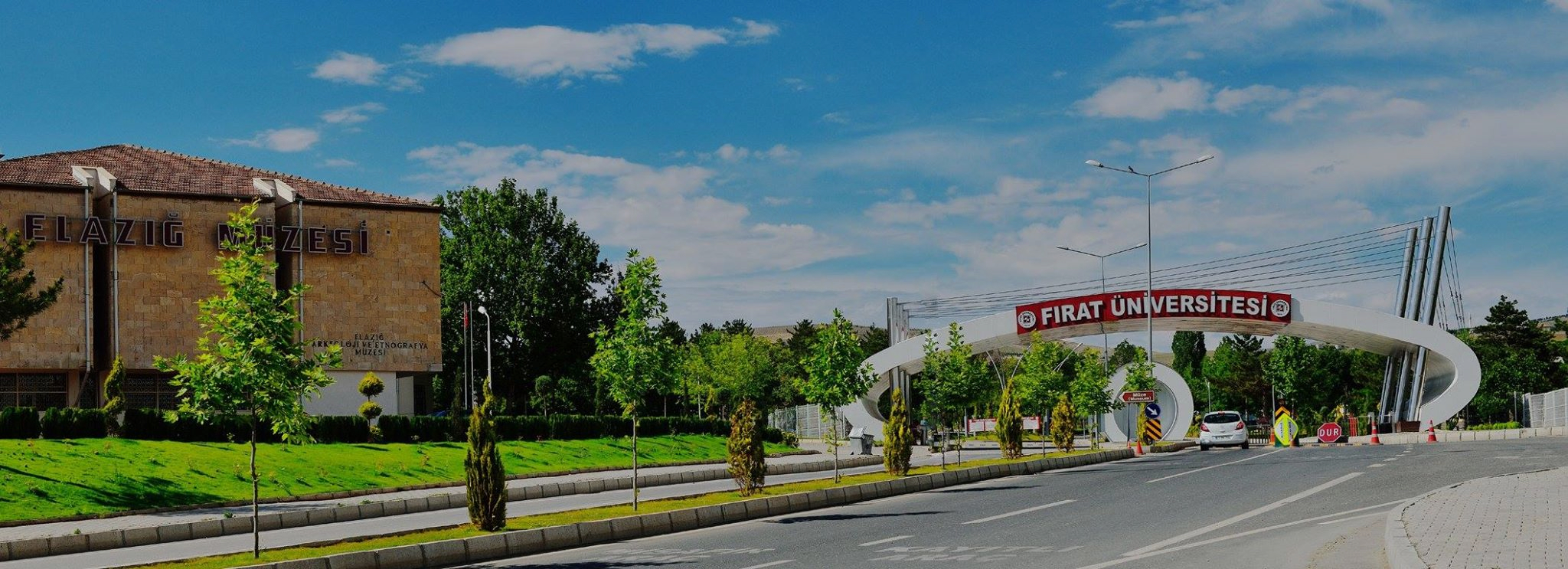
About
About
General Information
Department of Environmental Engineering;
Our department was established in 1989. It has 18 academic staff. The number of students in our department is 67 (41 undergraduate, 23 graduate, and 3 doctorate). Master's and PhD programs are available in our department. In our department, we try to provide education to our students at a level that will compete with other universities nationally and internationally, by using all the opportunities of modern education. Graduates of our department are employed in both the public and private sectors.
Education in our department; It is carried out with a total of 18 faculty members, including 5 professors, 7 associate professors, 1 assistant professor, 3 Dr. research assistants, 1 teaching assistant instructor, and 1 research assistant. In our department, education, and training continues at undergraduate and graduate levels in two departments.
Mission of the Department
The concept of Environmental Engineering is to ensure that living things live in a healthy and clean environment by using engineering methods and to improve environmental quality; It carries out research, development, and application activities to protect humans from the negative effects of the environment and the environment from the negative effects of humans.
Our vision
Department education aims to ensure that its graduates have certain qualifications in line with the education criteria of the Faculty of Engineering. These qualities;
To be able to apply the knowledge they have acquired in the fields of mathematics, science, and engineering,
Know about designing and implementing experimental studies and being able to interpret the data obtained,
To be able to design need-oriented systems, parts of this system and processes,
Ability to work in teams consisting of different disciplines,
To be able to diagnose and formulate engineering problems and produce solutions,
Having professional and moral responsibilities,
Being able to communicate effectively,
To understand the effects of engineering solutions in a global and social context,
To follow new topics and have information about their effects on engineering.
Program Goals and Scope
Water Pollution and Control
Air Pollution and Control
Soil Pollution and Control
Noise Pollution and Control
Solid Wastes and Control
Use, development, and management of Natural Resources
Environmental impact and assessment
Treatment of domestic waste
The aim is to provide an infrastructure with practical applications by providing extensive theoretical knowledge on system selection and similar subjects for the treatment of industrial wastes.
Our Mission
Department of Environmental Engineering focuses on the protection and improvement of the environment, the most appropriate and efficient use and protection of land and natural resources in rural and urban areas, the protection and development of natural plant and animal existence and natural riches, the prevention of all kinds of environmental pollution or the restoration of healthy environmental systems that have been damaged by pollution. It aims to train personnel with the authority to take part in the design, operation, control, and construction of all kinds of engineering structures and systems required for the construction of engineering structures and to control the projects prepared in this regard.
Environmental Engineering is not against urbanization and industrialization as its mission but operates on many projects such as process control, treatment facilities, recycling of domestic and industrial wastes, biogas, and fertilizer production from wastes to create nature-friendly industries and cities with appropriate technologies. Additionally, public health issues and modeling of environmental systems are included in the application areas of Environmental Engineering.
Briefly, our mission can be summarized as it is possible "To provide high-quality environmental engineering education for the needs of the industry and society, to improve the understanding and application of the basic principles of environmental science and engineering, to increase and ensure the continuity of sustainable and economic development efforts, to improve the general values of society through education, research, and public programs."
Education
The Department of Environmental Engineering, which started its education and training activities, had its first graduates in 1994. The department has Water and Wastewater, Microbiology, Solid Waste, and Air Pollution laboratories. Our students continue their practical education in these laboratories. In addition to instrumental analysis methods such as gas chromatography, air pollution measurement devices, AAS, AES, and various spectrometers, microbiological analyses, analyses related to water pollution and quality, and analyses of flue gas emulsions are carried out in the laboratories of our department. There are also various pilot and laboratory-scale facilities for aerobic, anaerobic, and sedimentation used in water and wastewater treatment and solid waste composting.
Considering these factors, our department ranks first in terms of infrastructure among existing departments in Turkey. Our department, which can serve the industry of the Eastern and Southeastern Anatolia Region, can serve the region on issues such as EIA reports, establishment and operation of treatment plants, water and wastewater analysis, flue gas analysis, and measurements.
It is mandatory to comply with environmental protection laws enacted for the protection and development of the environment during the establishment and operation of industrial facilities. Various operational problems arise in the treatment facilities established by industrial facilities. Fırat University Faculty of Engineering, Department of Environmental Engineering, which knows how to solve operational problems and provide operational consultancy for treatment facilities, is in a position to assist the regional industries in this regard.
Quick Access